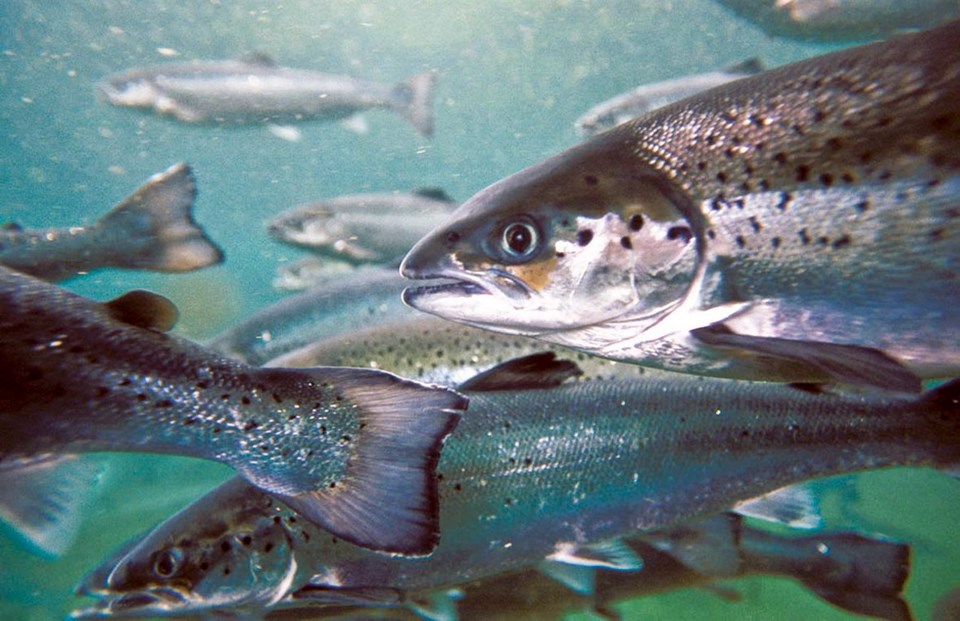We recently wrote Premier John Horgan to express concern about the increasing politics surrounding salmon farming in B.C. as several farms in our region come up for tenure renewal.
The fact is, without salmon farming, our smoked-fish business would likely be forced to shut down, putting us and 75 employees out of work. More than half of our team consists of First Nations members. Founded in 1994, we are one of Port Hardy’s largest employers, growing from a backyard shed to a 24,000-square-foot facility today.
Our business produces a lot of the smoked salmon British Columbians eat, and we can only do that because of salmon farming.
These are sensitive topics right now, and a lot of people are afraid to stick their necks out in the current environment, but we need to speak up and tell the government it is critical to our business and our larger community that they make rational decisions about salmon farming, and consider the communities where the farming actually happens.
About two-thirds of the 680,000 kilograms of fish we process every year is farmed salmon. The rest is sports-caught cod, halibut and salmon. The amount of sports-caught fish varies wildly with the seasons and health of the wild runs. Without the steady, reliable supply of fish from farms, we wouldn’t have the certainty needed to stay in business.
We’re not sure people outside of salmon-farming communities get just how important the industry is in our province, or what it does to protect the environment and provide much-needed jobs in remote communities and First Nations.
There are 115 salmon farms in B.C., creating jobs for about 6,600 people. Of those, about 20 per cent are First Nations. The industry also supports numerous small businesses — whether they supply services or depend on their products, as we do.
We would challenge anyone critical of the industry to visit a farm and really understand what’s going on.
Like many businesses in B.C.’s small towns, we have always been deeply connected to our small community. We’ve raised three children here, and volunteered as soccer and hockey coaches. Our business sponsors local youth sports teams and organizations. We have implemented a Community Action Plan that ensures all of our employees give back to the community and that we support every community event in Port Hardy.
In 2016, we purchased the local mall so it wouldn’t shut down, so the community can keep growing for the benefit of all.
We have a great relationship with local First Nations, even leasing space in our facility to the local Gwa’sala-’Nakwaxda’xw Nations for cold storage. Despite the conflict you might see on the 6 p.m. news, we’re all just “locals” here, people who need a good job and enjoy the community.
All of us are passionate about our oceans and the wild fish they hold, contrary to what you might hear from some politicians or the industry’s critics.
We believe in the North Island and in the capabilities and resilience of its people. We are sure sustainable solutions can be found to the concerns being raised about salmon farms.
To this end, we encourage B.C.’s government to consider the issues in fish farming in a sensible and pragmatic fashion, setting aside politics and hyperbole in favour of science and community interests. The industry is just too important to be dismissed out of hand, and decisions that negatively affect it will have direct negative impacts on North Island residents, our workers and their families.
Carol and Bruce Dirom are owners of Port Hardy’s Hardy Buoys Smoked Fish Inc.



